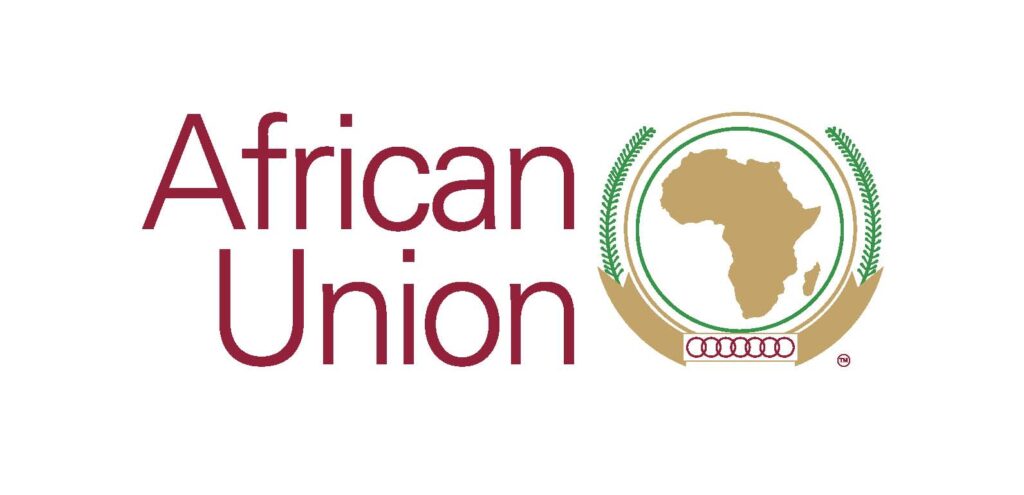African Union Urges Innovative Investment Strategies for Inclusive Growth and Sustainable Development
African countries are being urged to adopt innovative investment strategies to achieve inclusive growth and sustainable development, as ministers responsible for finance, monetary affairs, economic planning, and integration gather in Nairobi, Kenya, under the African Union Specialized Technical Committee (STC) on Finance, Monetary Affairs, Economic Planning, and Integration.
The conference aims to explore balanced short-term crisis response actions and long-term strategies to rejuvenate economic growth and accelerate development across the continent. The STC has discussed a range of critical issues during the preceding three-day meeting, including the role of tax in sustainable development, progress on the implementation of African Union Financial Institutions, the establishment of the African Investment Observatory (Digital Platform), and more.
Research has shown that Africa’s real gross domestic product (GDP) growth declined to 3.8 percent in 2022, compared to 4.8 percent in 2021, but remained above the global average of 3.4 percent. However, Africa’s growth is projected to rebound to 4 percent in 2023 and stabilize at 4.3 percent in 2024, showcasing the continent’s resilience to shocks. Nonetheless, this growth rate is still below the pre-pandemic average of 5 percent, making it necessary to explore innovative approaches to accelerate development.
To cope with an unfavorable environment, many governments have increased fiscal spending despite declining revenues. However, this has led to increased and unsustainable debt levels, with Africa’s average debt-to-GDP ratio expected to remain high at 66 percent in 2023. Moreover, countries continue to face difficulties in accessing international capital markets, resulting in an increased reliance on local currency debt.
Amb. Albert Muchanga, African Union Commissioner for Economic Development, Trade, Tourism, Industry, and Minerals, emphasized the need for domestic debt restructuring as part of the negotiations to resolve public debt crises. He highlighted that evidence-based analysis suggests African countries must increase investment from the current level of 20 percent to 40 percent of GDP to achieve inclusive growth and sustainable development, supported by innovative investment strategies.
In addition to addressing debt challenges, tapping into innovative financing sources will be crucial for robust development. Dr. Hanan Morsy, Deputy Executive Secretary, and Chief Economist of the United Nations Economic Commission for Africa (UNECA), stressed the importance of establishing markets for innovative financing mechanisms, including sustainable bonds, carbon bonds, resource-backed loans, debt-for-nature swaps, and natural capital funds.
The experts at the conference also elected a new Bureau of the STC, with Northern Africa set to chair the committee. Eswatini, Ethiopia, and the Democratic Republic of the Congo were elected as the first, second, and third vice-chairs, respectively, while Ghana will serve as the rapporteur.
By exploring innovative investment strategies and adopting sustainable financial mechanisms, African countries aim to foster economic growth, overcome challenges, and create a prosperous and inclusive future for the continent.



